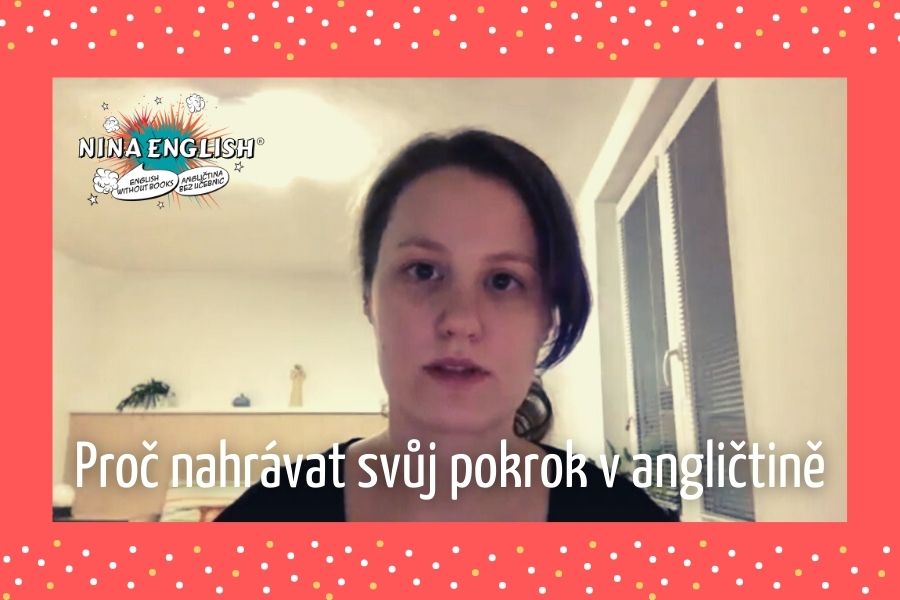
Copyright to 2004- Mgr. Nina Hanáková Nina English | Podmínky užití | Ochrana osobních údajů | Vseobecne Obchodni Podminky
Nina EnglishⓇ je registrovanou známkou Mgr. Niny Hanákové.
Veškeré zde obsažené materiály jsou určeny pro osobní potřebu studentů. Jejich užití nad rámec osobní potřeby vyžaduje
předchozí písemný souhlas provozovatele s výjimkou užití v souladu s § 31 odst. 1 písm. c) autorského zákona.
Site Designed and Developed by CueBlocks
